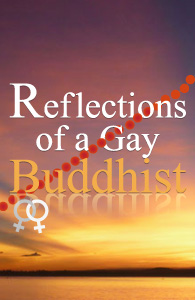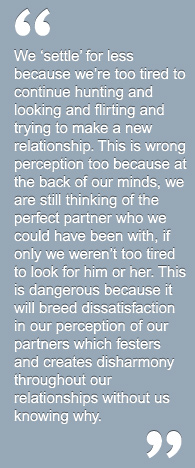One evening, our Dharma sister Su Ming brought some stunning new Buddha pendants to our office to show us. They were created by Kechara Discovery (KD), which produces Buddha images under the guidance of H.E. Tsem Tulku Rinpoche. H.E. ensures that all iconography is correct while Paul, who runs KD, carries out production.

The group of us at Kechara Media & Publications immediately swarmed around the presentation case, ooh-ing and aah-ing over the beautifully set pendants. As Su Ming whisked off the pendants to her next stop, we briefly discussed which each of us liked best. Invariably, different people liked different designs.
I realised later that we had been caught up in delusion yet again. I had just been editing a teaching Rinpoche gave, where he said that liking or disliking something is not “reality.”
This can be proved because the object we like can be disliked by others and vice versa. Therefore, it is logical to conclude that it is our own afflicted perception that tells us that one is nicer than the other. The object itself does not have an intrinsic nature to be liked or disliked. If something had an intrinsic nature to be liked, we would always like it, and everyone would like it too.
When our (distorted) perception changes, we suffer. However, once we realise that our perception is not real, it lets us examine our own emotions more objectively and rationally. Especially at times where it matters more than whether we like an object or not – such as when it affects how we feel towards our friends and lovers.
Rinpoche says that when we see an object we like, we build on it. When we see a beautiful girl, we think that since she’s beautiful, she’s going to be beautiful always. She will never get fat, old or ugly. We think that she is nice, patient and kind, she will have a wonderful job and a clean house. Everything about her is fabulous because she is beautiful.
“We have this afflicted perception of the object and are attracted to it. When we meet reality, we think, “Why is she like that? How can she talk or act like that?” We always ask why things are like that. It is because they are like that but we had thought that they were otherwise,” advises Rinpoche.
When we first met our lovers, we thought they were gorgeous, funny and the sun shone brightly out of their (very cute) ass. After awhile, however, the very idiosyncrasies we thought attractive become irritating and the jokes we used to find funny become trite. The way he snores which we had thought endearing suddenly becomes annoying. Everything adds up until we get utterly bored. We wonder how our partner has changed, when most of the time, it is us who have changed because what we thought was real, was actually not.

Sometimes, we think that we can get happiness by trading in our partner for a 'better' one. This happens in all relationships, straight or gay. Then the cycle repeats as we search for the perfect partner. It continues until we get older and tired of the endless circle and we ‘settle’ down. We ‘settle’ for less because we’re too tired to continue hunting and looking and flirting and trying to make a new relationship. This is wrong perception too because at the back of our minds, we are still thinking of the perfect partner who we could have been with, if only we weren’t too tired to look for him or her. This is dangerous because it will breed dissatisfaction in our perception of our partners which festers and creates disharmony throughout our relationships without us knowing why.
What we don’t realise is that there isn’t a perfect partner out there. Rinpoche says that we should just stick with the person we are with and just deal with it. After all, we have carefully picked them out of the billions of people in the world. No one made us pick them. We chose them ourselves. There is no perfect person, so work with the person you had chosen.
If we do not have a lover or a partner, some of us get very depressed and think that if only I had a partner, I would be happy. This perception is also afflicted unhappiness. It has a false basis.
“Change yourself by realising that all perception is afflicted. Since it is afflicted, it can be changed and since it can be changed, you will get the opposite result if you change it.” - H.E. Tsem Tulku Rinpoche in his new book, Peace, to be launched at the end of September.
Sharon Saw is a writer / editor at Kechara Media & Publications, which focuses on publishing the teachings of H.E. Tsem Tulku Rinpoche, a high incarnate Lama of the Tibetan Buddhist tradition. A selection of Buddhist and non-Buddhist related books from Kechara Publications is now available on Fridae Shop. You can follow Sharon on Twitter. This column will appear every other Friday.
